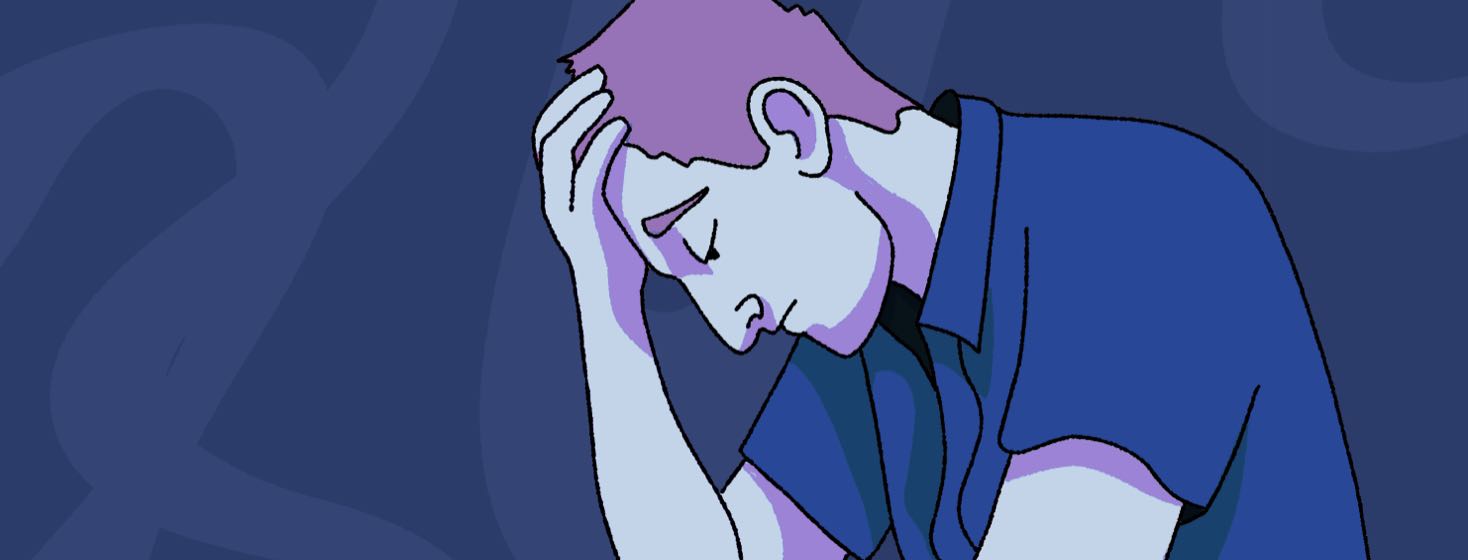Survivor's Guilt
Most of us have experienced guilt at one time or another. Sometimes guilt is justified: when we do something wrong, when we didn’t do something that we should have, when we hurt someone. There are lots of ways to deal with guilt. We can ignore our feelings and hope they will go away (do they ever?), we can seek to make things right, or we can offer sincere apologies.
There’s a specific kind of guilt that, while not deserved or earned, can haunt us. It’s a hard thing to understand, a difficult feeling to resolve. In many ways, it doesn’t make sense. Yet we still feel it. When we experience survivor’s guilt, we can feel personal remorse when something bad happens to someone else but not us, especially when many of the circumstances are similar. We often hear “why me,” but in survivor's guilt, we hear “why not me?”
Why did he survive and his friend did not?
Why did they die and yet I lived, even though we were in the same accident? Why did the tornado touch down three houses away and destroy their home when it didn’t leave a mark on mine? Why did he have such terrible side effects from his treatment and I hardly had any issues?
My husband recently lost a close friend to stage 4 prostate cancer. Dan, my husband, had the same diagnosis fourteen years ago. He had years of chemo and ADT. His doctors treated him very aggressively. Did Dan suffer through treatment? He certainly did. But he’s still here.
His friend was diagnosed two years ago, same PSA, same Gleason score, same stage, same aggressive treatment. Yet his friend didn’t survive his cancer. Dan feels guilty. Why did he survive and his friend did not? Should he feel guilty? No. None of it was of his choosing or because of his actions. And yet the guilt persists.
Feeling both guilt and gratitude
My oldest daughter battled aggressive breast cancer last year. She had a difficult year with mastectomies, months of chemo, months of radiation, horrible side effects. I was recently diagnosed with breast cancer as well. My treatment (to date, and hopefully forever) consisted of two surgeries, radiation and continued hormone therapy. I’m grateful I didn’t have to follow her path. At age 70 I’m not sure I would have survived what she went through.
But I’m the mom. I should have suffered, not her. Can I have survivor's guilt at the same time I have gratitude that I have an easier cancer journey? Seems conflicting. My gratitude sometimes perpetuates guilt.
How I deal with survivor's guilt
There are questions for which we will never have an answer. I think for those who experience survivor's guilt, the answer to getting through and past that guilt can be in managing the remorse. For myself, I’ve found the same strategies I use to work through any problem are the same strategies I need to follow when dealing with guilt.
Exercise can help. There isn’t much that can be said about the negative impact of exercise on the mind and body. Nutrition: I think good nutrition and fueling our bodies with its own survival tools can help us mentally and emotionally. This applies to all aspects of our lives, including survivor’s guilt.
Sleep: so much has been said about the value of sleep. Can guilt rob us of sleep, restful moments? No doubt. And if that’s the case (or at any time where emotions are overwhelming), it may be time to seek professional help. Isolation may be a response to survivor’s guilt, but separating ourselves can often only compound our negative feelings.
Recognizing the feeling
Survivor’s guilt, like any emotion that adversely impacts our well-being, will often not get better unless we recognize and manage it. Recognition is the first important step. Once recognized for what it is, how to manage the guilt is an individual choice. But I think dealing with it, in whatever positive way, is critical.

Join the conversation